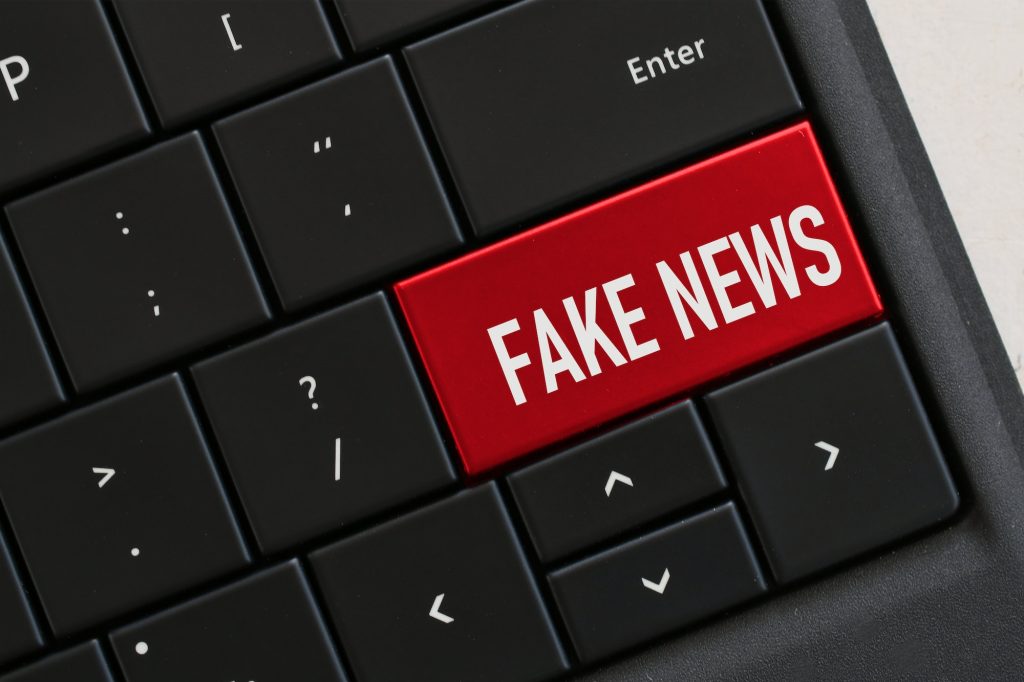
































The Presidential Communication Office (PCO) is poised to launch the Marcos administration's Media and Information Literacy (MIL) Project, targeting misinformation combat. President Ferdinand R. Marcos Jr. led the project launch with various government bodies, stressing media literacy's importance and collaborative efforts against fake news. The MIL Project aims to equip citizens, particularly youth, with critical thinking skills for media navigation. Undersecretary Emerald Ridao highlighted education's role in empowering individuals to discern credible sources. The campaign aims to nurture critical thinking and responsible engagement, with attendees encouraged to collectively promote media literacy.
The Department of Social Welfare and Development (DSWD) pledged support, recognizing misinformation's harmful impact. The DSWD will ensure beneficiaries rely on trustworthy information sources. The MIL Project involves multiple agencies led by PCO. The Department of Education (DepEd) will manage surveys, discussions, and MIL integration into the curriculum. The Commission on Higher Education (CHED) will foster collaboration with universities. The Department of the Interior and Local Government (DILG) will coordinate local implementation. The Marcos administration aims to create a media-literate society capable of distinguishing truth from falsehood, uniting government, education, and the public in this effort.
Why does it matter?
Media literacy is vital in the Philippines to combat the rampant spread of fake news and misinformation, safeguarding the public's ability to discern accurate information from deceptive content. The nationwide approach is crucial for fostering informed decision-making, combating the negative impacts of fake news, and strengthening the country's democratic discourse.
 Tags quentes :
Política de conteúdo
Desenvolvimento de capacidades
Tags quentes :
Política de conteúdo
Desenvolvimento de capacidades